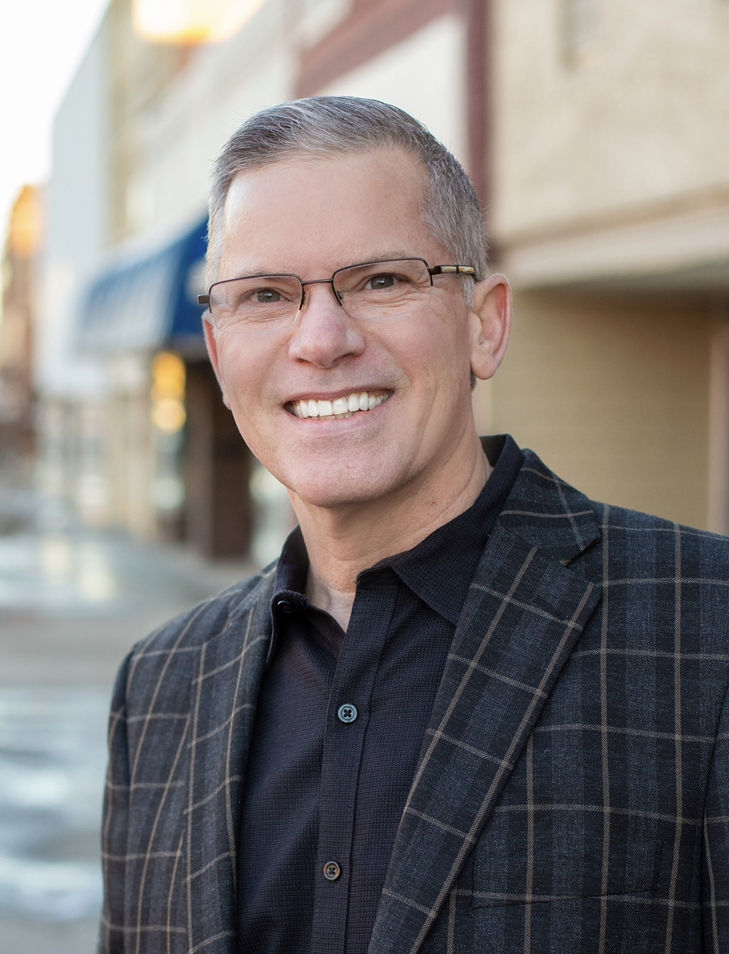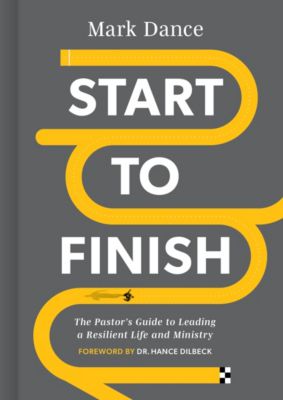
For most pastors, there will be a season of service that isn’t vocational. So why do some ministers dread retirement and preparing for it?
By Mark Dance
Pastors seem to cringe when they hear the word “retirement.” And the most prevailing reason seems to be their desire to serve the Lord until their final breath, which is admirable. But for most pastors, there will be a season of service that is not vocational in nature. And I believe it can and should be something we look forward to. Some prefer to call it “redeployment” instead of “retirement.” But I unusually refer to this as “our last lap.” So, why do some ministers dread retirement and preparing for it?
1. Fear of boredom
Are there retired ministers wasting their last lap on hobbies and armchair politics? Yep. Does that mean you have to do the same? Nope. I joke about becoming a professional hunter when I retire. But I have no intentions of locking my gifts in a vault after I jump off an org chart.
My father-in-law, Gilbert Kendrick, is Exhibit A of a strong finisher. He is 93 as of this writing, and he retired at 65. In this last lap, he has served as an interim pastor of eight churches. He also enjoys hunting, fishing, and shooting his guns.
You don’t have to re-calibrate your purpose when you re-calibrate your practices at retirement. Don’t waste time reinventing yourself. Instead, stay within the purpose God has given you. Even when the plan gets tweaked, God’s purpose for you remains.
“You don’t have to re-calibrate your purpose when you re-calibrate your practices at retirement.” — @markdance Click To Tweet“My purpose is to finish my course and the ministry I received from the Lord Jesus, to testify to the gospel of God’s grace” (Acts 20:24b, CSB).
What has been most fruitful and fulfilling in ministry so far? Why not leverage those gifts and influence on your last lap?
2. Fear of obsolescence
I assume this is most difficult for retiring lead pastors who are used to being the focus of attention. The idea of becoming obsolete or irrelevant can be overwhelming for some of us. What if the phone stops ringing? Pastors sometimes wonder if people like us because of what we do rather than who we are.
Here is the reality: You will not be able to serve indefinitely at the same level you always have. You may lie to yourself about your limitations, and your closest friends may perpetuate the lie. But a key step in preparing to enjoy retirement is embracing the inevitable limitations that come with additional birthdays.
“A key step in preparing to enjoy retirement is embracing the inevitable limitations that come with additional birthdays.” — @markdance Click To TweetWe all secretly want to be the Tom Brady of ministry. But as his wife was begging him to retire a couple of years ago, he famously chose football over her, trading his wedding ring for another Super Bowl ring.
Will you listen to your wife and trusted friends when they ask you about your exit plan? Your fans tell you that you still have gas in your tank, but your friends will shoot straight with you.
3. Fear of financial failure
In 2019, Lifeway Research asked pastors, ministers, and missionaries who were retired or were at least 67 years old about their life, health, relationships, reflections on ministry, and how they’ve adjusted to their current life stage. Most of these retirement-age pastors and missionaries said their post-vocational life was good. But several said they could’ve been better prepared. And financial stability for retirement was one characteristic that predicted higher life satisfaction.
According to this study, 3 in 4 (76%) retirement-age ministers are confident they will have enough money to live comfortably through retirement, with 31% saying they are very confident. Still, almost half (47%) say they are often concerned about the financial security of their family. And 27% say their physical needs or those of their spouse have caused significant financial strain.
More than half (55%) say their household’s current annual income is less than $60,000. Slightly more than a third (36%) have less than $100,000 in retirement savings. Virtually all retired ministers (94%) receive Social Security benefits. And around 3 in 5 (59%) have a pension plan with their current or former employer.
“How we run our race today will affect how we finish it later, so what will your last lap look like?” — @markdance Click To TweetThree in 5 (59%) say they currently have some form of debt, with the most common debt being mortgages (37%), car loans (27%), and credit card debt (20%). Among those who have debt, a quarter (25%) say they have no non-mortgage debt. And an additional 53% say they have less than $30,000, including 28% having less than $10,000. Some retired pastors, however, say they have substantial non-mortgage debt. Around 1 in 7 (15%) say they have at least $30,000 in debt, including 4% saying theirs is at least $100,000.
The vision of GuideStone® is to help every servant of Christ finish well. As a minister, you have unique challenges and circumstances when it comes to preparing for retirement, insurance, investments, and other financial responsibilities. Still, you can achieve financial security and resilience.
Financial security is one component of pastoral wellness that affects our lives and ministries. How we run our race today will affect how we finish it later, so what will your last lap look like?
“I have fought the good fight, I have finished the race, I have kept the faith” (2 Timothy 4:7, CSB).
For permission to republish this article, contact Marissa Postell Sullivan.

Mark Dance
After serving as a pastor for 27 years, Mark Dance is now the director of pastoral wellness for GuideStone Financial Resources and is the author of Start to Finish.










